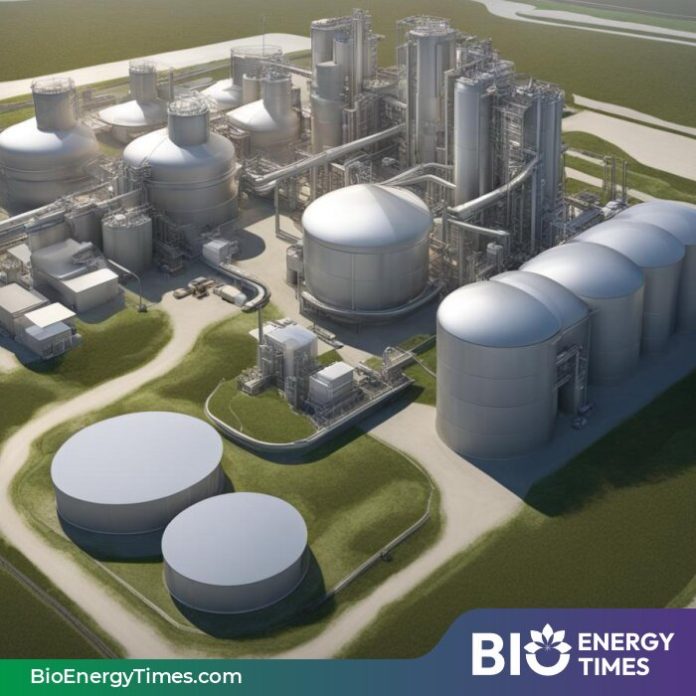The Kingdom of Saudi Arabia’s Forward7 Initiative, formerly known as the Kingdom’s Clean Fuel Solutions for Cooking, has partnered with Sistema.bio, a global social enterprise recognized for its innovative biogas technology, to launch a project aimed at providing subsidized biodigesters to smallholders in Nepal and Indonesia. This initiative plans to install 800 biogas units across these countries and will enable Sistema.bio to offer future services in collaboration with key implementation partners PT. Biru Karbon Nusantara (BKN) and the Nepal Biogas Promotion Association. Set to conclude in January 2025, this project represents a major advancement in improving clean energy access for smallholder dairy farmers.
Supported by the Middle East Green Initiative, Forward7 strives to transform rural communities by offering clean cooking solutions that enhance health, empower women, uplift marginalized groups, and reduce CO2 emissions associated with traditional cooking methods like wood and coal. The initiative is also expected to stimulate economic growth, create jobs, and develop infrastructure in rural areas. By promoting international cooperation, it aims to address climate change while fostering a sustainable future. Forward7 is dedicated to providing clean cooking solutions to 750 million people, contributing to the achievement of Sustainable Development Goal (SDG) 7.
This partnership will implement a comprehensive project management strategy that focuses on proactively identifying potential risks, including import and clearance issues, installation quality, user adaptation, and product affordability. The initiative will tackle the high non-functionality rates of existing biogas systems through targeted marketing and awareness campaigns. Goals will be set based on Sistema.bio’s extensive experience and detailed market research, incorporating feedback from local organizations. Resources will be strategically allocated to critical tasks such as farmer communication, digester installation, and maintenance training, utilizing 14 years of global expertise and established local networks. Clear procedures for managing project changes will ensure effective decision-making and adaptability, supported by regular bi-weekly updates, thorough midterm evaluations, and ongoing assistance from a dedicated team of experts. Advanced data collection tools like Salesforce and TaroWorks will be employed to monitor progress and track targets, with regular audit visits to keep the initiative on track for successful completion by January 2025.
As part of this initiative, biogas plants ranging from 2 to 40 cubic meters will be installed in key regions of Indonesia and Nepal. These plants will allow farmers to convert organic waste into clean energy, significantly reducing reliance on traditional cooking fuels. In addition to providing access to clean energy, the project will promote effective cattle waste management practices. The biogas plants will also generate biofertilizer as a by-product, serving as an organic alternative to chemical fertilizers, which will help farmers save money and enhance soil quality.
To read more about Biogas Industry News, continue reading BioEnergyTimes.com















